November 4, 2020
Faith Zhang, M.D., Ph.D., is a radiation oncology clinical fellow in the DeBerardinis lab. In CRI, she works to uncover metabolic targets to improve the effectiveness of radiotherapy. Resistance to radiotherapy is an ongoing issue for 60 million cancer patients who receive radiotherapy as part of their treatment.
What are you researching?
I am working to uncover new metabolic targets to improve the effectiveness of radiotherapy — the oldest and most versatile form of cancer therapy. Radiation kills tumors by causing DNA damage, and the repair of DNA damage is a tightly regulated metabolic process. Over sixty million patients with cancer receive this treatment worldwide, but toxicities associated with radiotherapy limit the deliverable doses and, as a result, potential cures. Our goal is to better understand the underlying metabolic liabilities that make cancers more or less sensitive to radiation therapy so we can develop safe and effective radiosensitizers to help boost its effects.
Recently, I found inhibiting oxidative phosphorylation, a key metabolic pathway our cells use to create energy, could sensitize non-small cell lung cancer (NSCLC) to radiation. I am excited to explore this finding further and test novel FDA-approved drugs that we know inhibit this pathway so we can discover potential metabolic radiosensitizers. I also want to understand how inhibition of oxidative phosphorylation makes NSCLC more susceptible to radiotherapy so we can find more metabolic targets to study.
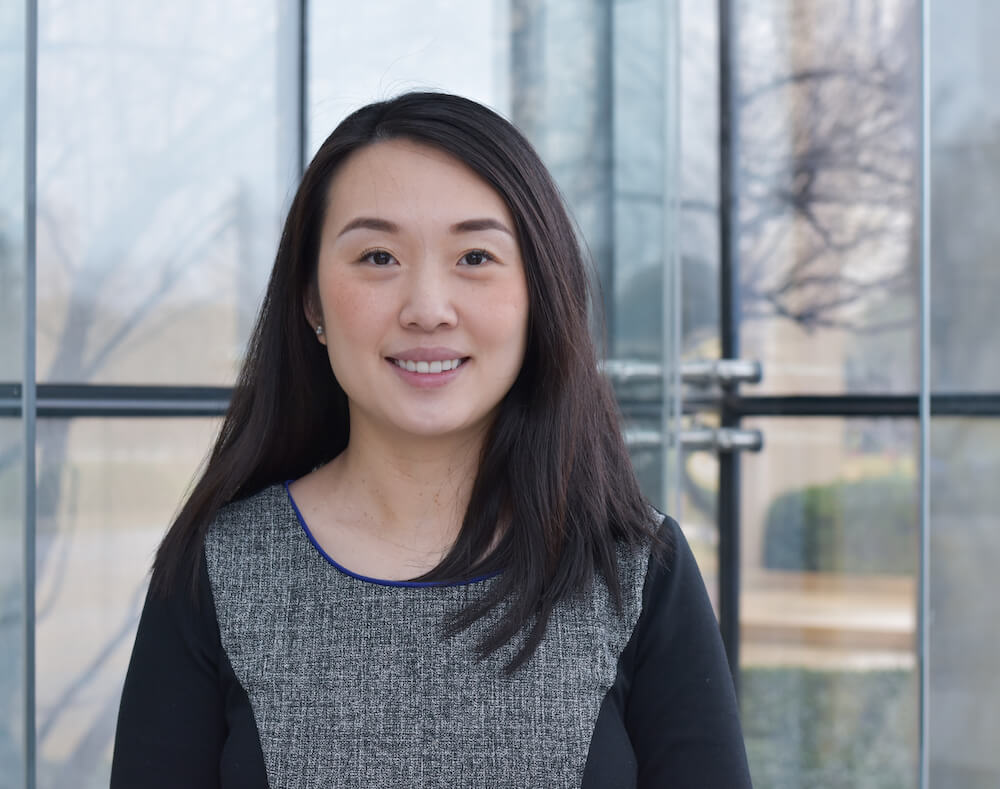
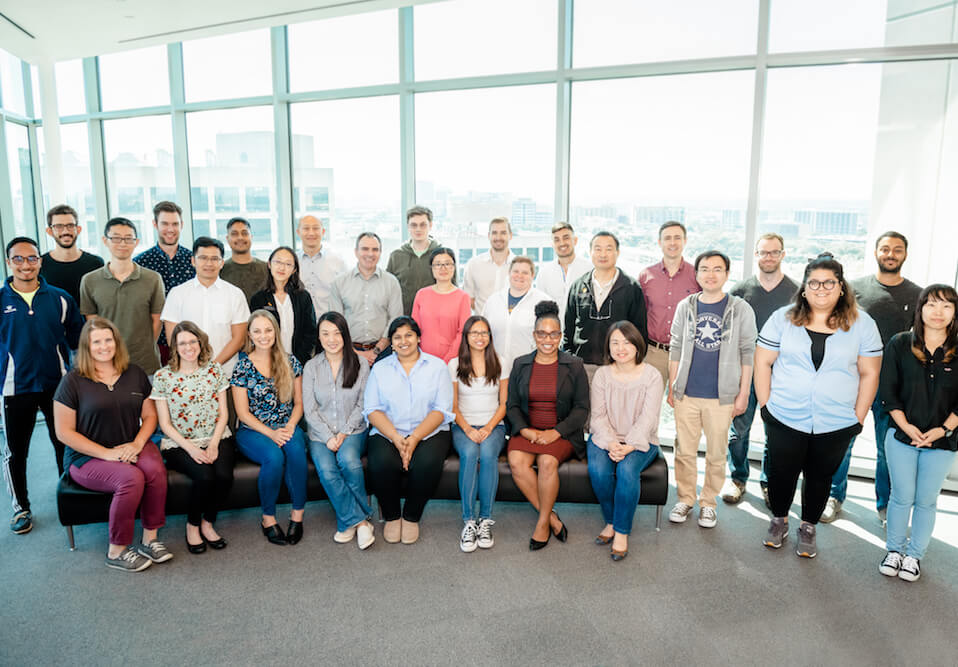
What’s your favorite spot in CRI?
My favorite spot is the round table in the kitchen area outside Ralph’s office. That is where postdocs in the institute gather for tea/coffee from time to time. Around this table, I’ve had the best conversations and gotten to know these wonderful people whose friendship I treasure. At the beginning of my time in the lab, I often brought my list of questions about experiments and ideas and took these opportunities to seek feedback and critique. In fact, my research has not only been made possible but also has accelerated on multiple occasions as a direct result of shared expertise, resources, and collaboration. This is definitely one of the things I have missed the most during social distancing.
Who or what inspired you to do the work that you do?
I attribute my career path as a physician-scientist in radiation oncology to my wonderful clinical and lab mentors and my supportive family. Several women scientists have inspired me on this journey — Beth Levine, Julie Schwarz, and Marie Curie. In 2014, I attended a scientific conference in Italy where I got to know Beth Levine on a more personal level and also met Julie Schwarz from Washington University. Beth was an established scientist who commanded the room with her brilliance and warmth. Julie was a budding physician-scientist in radiation oncology who was clearly pumped about her first R01. I learned from these two women that one does not need to choose between family, research, or patient care.
It was a recent revelation that Marie Curie had influenced me throughout my life. When I first learned about Marie Curie as a young child, I was immediately captivated by her story. I read all the material I could get my hands on in the pre-internet era in a small town in China. I did not appreciate radioactivity or the meaning of the Nobel Prize then, yet I was drawn to her adventurous spirit, relentless pursuit of the truth, and her courageous, yet tragically short-lived, love with Pierre and, later, Paul Langevin. In Marie, I find a reflection of my rebelliousness and desire to go far and seek truth. When I encounter adversity and prejudice, I remind myself of what Marie had to overcome, and my troubles suddenly become small in comparison. Subconsciously and undeniably, Marie has inspired me in my pursuit of a career in radiation oncology, and it has been an empowering realization, to say the least.
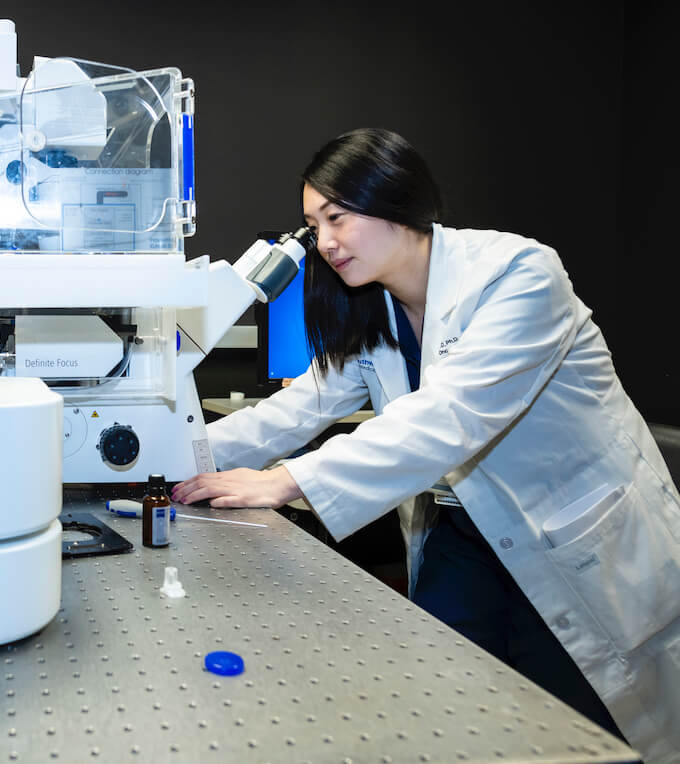
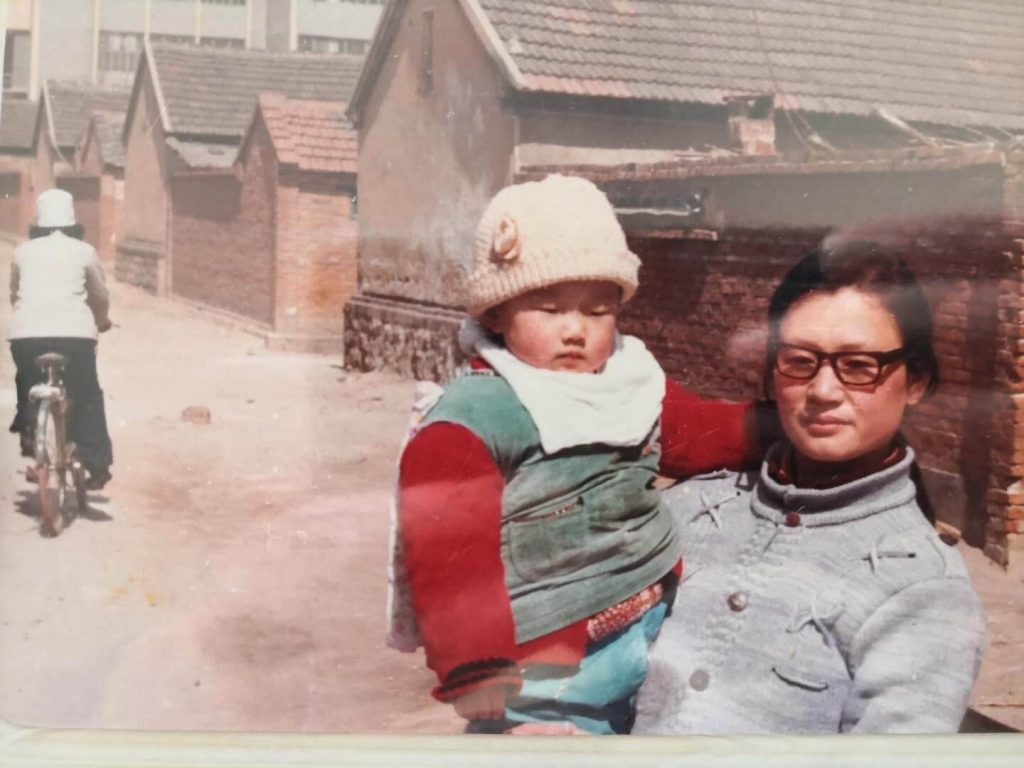
When you were a kid, what did you want to be?
When I was a kid, I lived with my grandparents in a rural village. We lived in a stone house with a hay roof with no plumbing or running water. The only connection we had with the outside world was a wall-mounted radio on which programs were broadcast at noon daily. It was my dream to work at the radio station for many years until I found out about television.
What is your favorite stress-reduction technique for when things go wrong in the lab?
I am a fixer-upper. I flipped multiple homes during my graduate school years. Taking down a wall or hammering an outdated bathroom is a value-creating, stress-reducing workout for me. Most recently, we designed and renovated our family home. As soon as we are completely done with the finishing touches on our home, my husband has persuaded me to join him in his recent undertaking of restoring a vintage Italian motorcycle and a scooter. I will be assisting him in restoring a Ducati and Vespa intended for my two boys when they grow up.
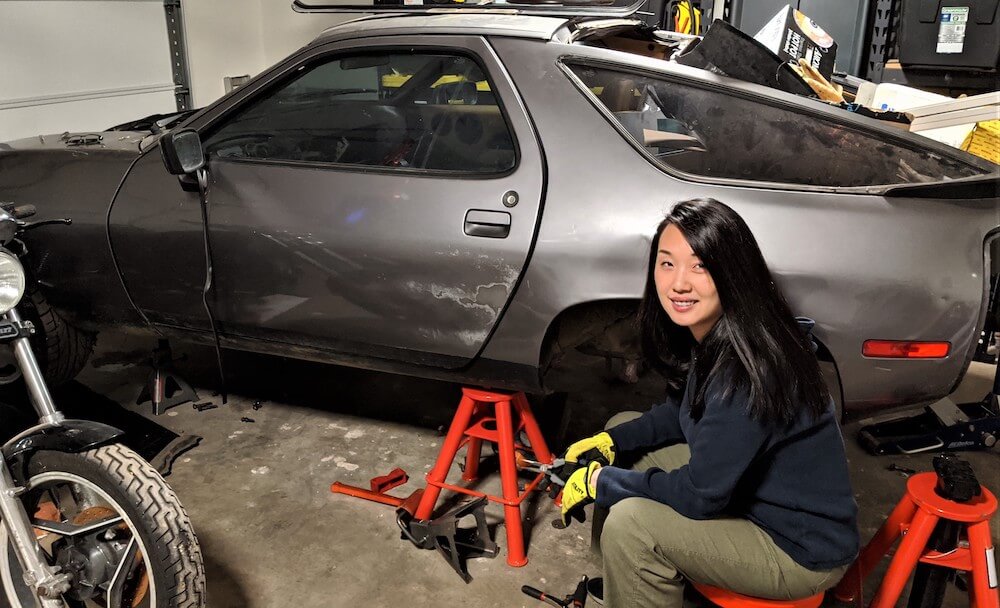
© 2025 Children’s Research Institute Dallas Texas | Privacy | Site Policies